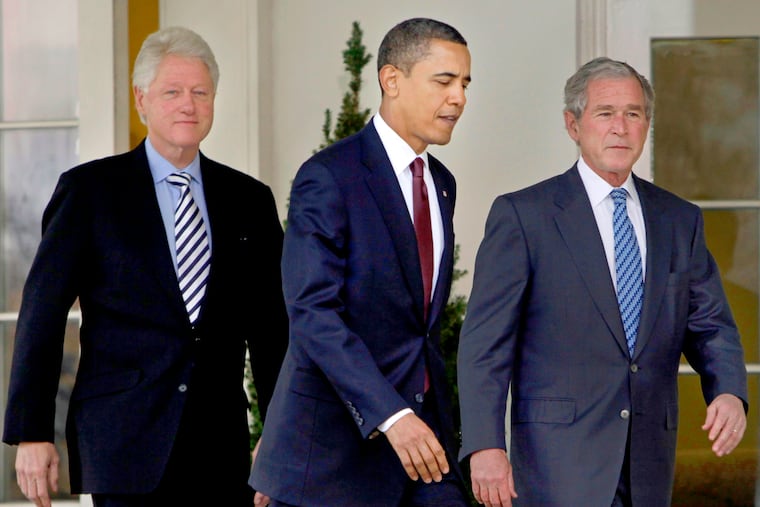Failing to combat racism is a failure to combat COVID-19 | Opinion
To build trust in the coronavirus vaccine among Black communities, our leaders must acknowledge and dismantle the systemic racism at the root of people's fears.

A few weeks ago, I heard Anthony Fauci announce to Black people that the chief creator of the Pfizer coronavirus vaccine was a Black woman, Kizzmekia Corbett. I also saw television coverage of a Black woman receiving the Pfizer vaccine. Barack Obama even offered to have his receiving the vaccine televised.
The marketing campaign to encourage Black people to take this vaccine is in full effect.
Scientists, policymakers, and many within the Black community are concerned, and rightfully so, about vaccine hesitancy among Black people. According to a recent survey, Black adults are less likely than other groups to say they would get a coronavirus vaccine if it was free and determined safe by scientists.
This really is no surprise considering that Black people are less likely to get a yearly flu shot.
» READ MORE: Philly Fighting COVID disaster strikes another blow to vaccine trust in Black communities | Solomon Jones
The levels of reluctance in the Black community are playing out in Philadelphia, where more white people than Black people have received vaccines. However, it’s critically important for all to acknowledge the root of Black skepticism about taking this vaccine: systemic racism within the medical field.
As it is Black History Month, consider the history of the unethical medical treatment and medical neglect experienced by Black folks.
James Marion Sims, a racist and “father” of gynecology, conducted experiments on enslaved women, while also forcing them to perform domestic duties. In the 20th century, the Tuskegee study and eugenics experiments that sterilized thousands of Black women happened.
There is also the case of 126 Black youth, ages 6 to 10, from New York City, who from 1992 to 1997 were given a banned diet drug, fenfluramine, to test their propensity to become latent criminals — which was initially blamed on bad parenting by Black people. Families received $125 for their participation.
These and other instances of malpractice demand that the medical community repairs the broken trust between them and Black people. However, scandals like the one with Andrei Doroshin and Philly Fighting COVID only further the skepticism.
If you want to build trust with Black people, you don’t make a 22-year-old inexperienced and unproven individual in charge of a vaccine rollout for a major American city where Black people, who are disproportionately impacted by the coronavirus, are the population majority.
You build trust by dealing honestly with Black people. You also build trust by tackling systemic racism, which is at the root of why Black people are disproportionately impacted by COVID-19.
» READ MORE: Be mad at Philly Fighting COVID. But also be mad at Kenney administration for letting this scandal happen. | Opinion
Systemic racism is the lack of medical facilities in low-income areas, the lack of Black medical professionals, the mass pollution in Black neighborhoods that cause underlying health conditions, the food deserts in low-income communities, and the income inequality of workers; essential workers who often receive lower wages and are without medical insurance.
A vaccine can certainly provide relief in the Black community, but if scientists and, specifically, policymakers really care about the health and wealth of the Black community during this pandemic, there is more to be done than marketing a vaccine. Federal and state legislation must be passed that tackles systemic racism. This vaccine cannot be another prescription so that Black people can live “functionally” while racism continues to exist. Failing to combat racism is a failure to combat COVID-19.
Rann Miller is an educator and freelance writer based in Southern New Jersey. His Urban Education Mixtape blog supports urban educators and parents of children attending urban schools. You can find the blog at urbanedmixtape.com. @UrbanEdDJ